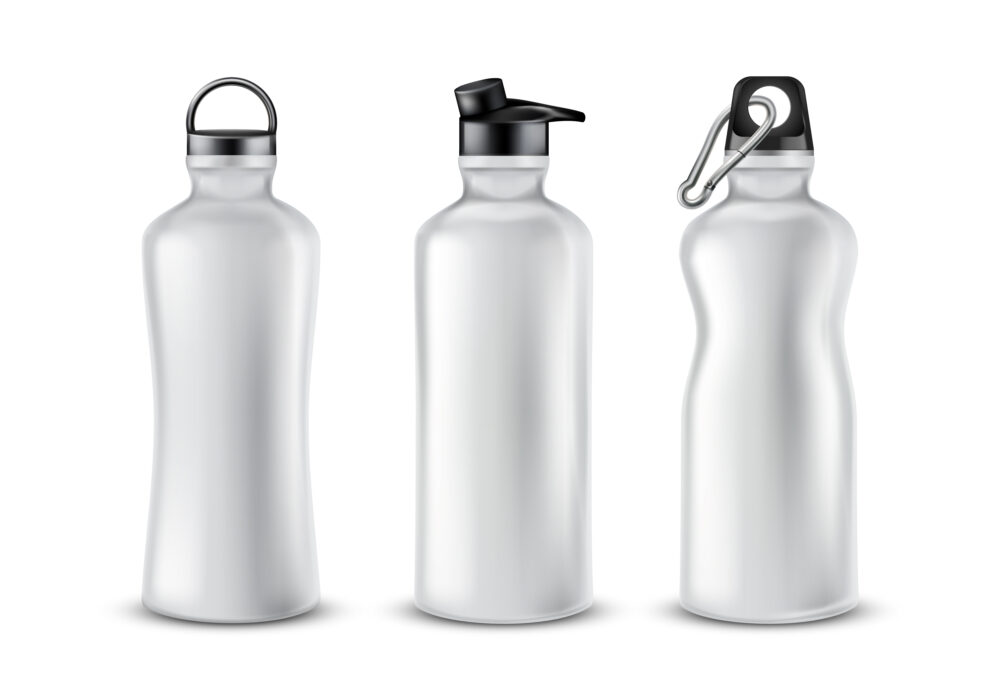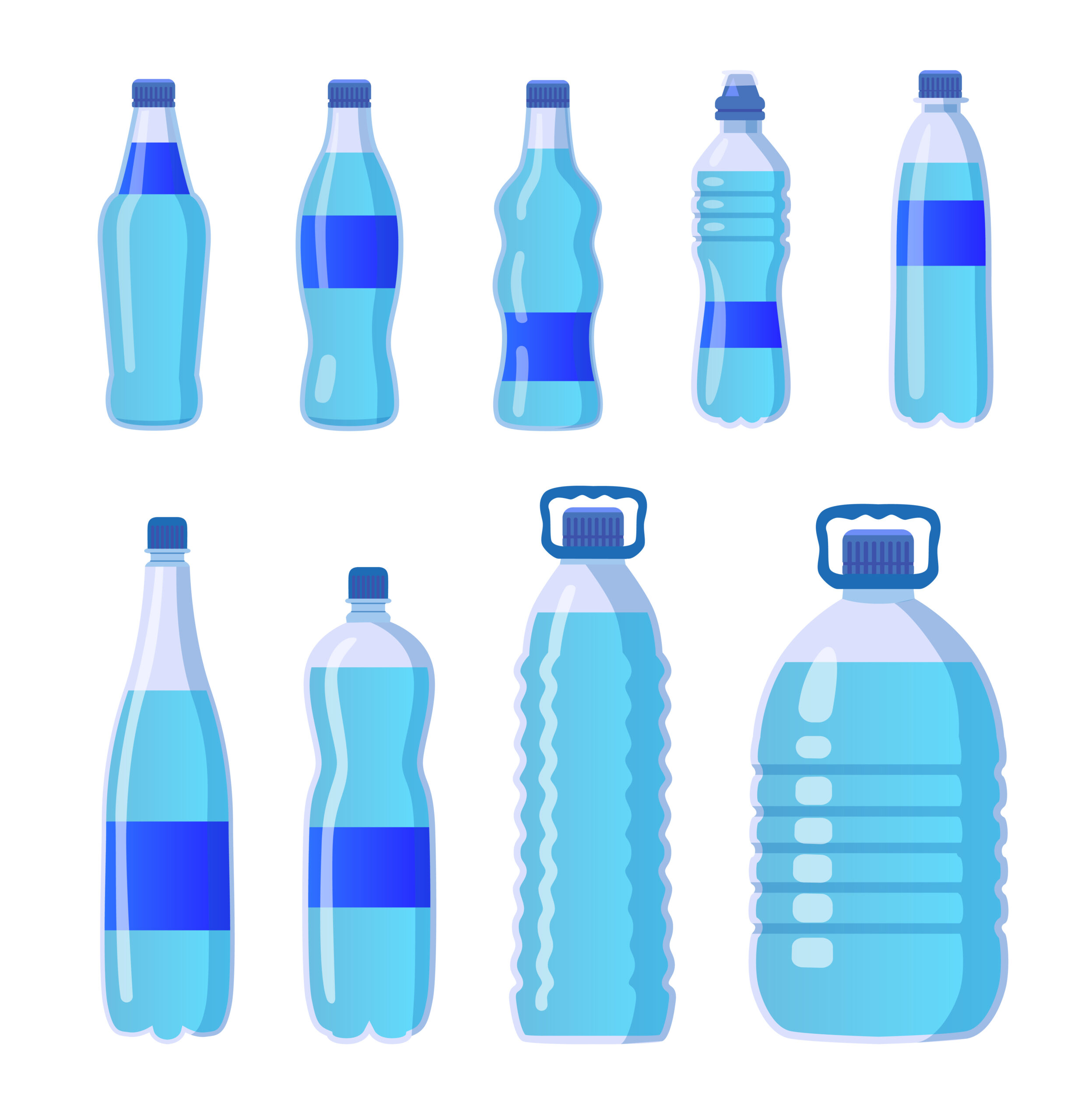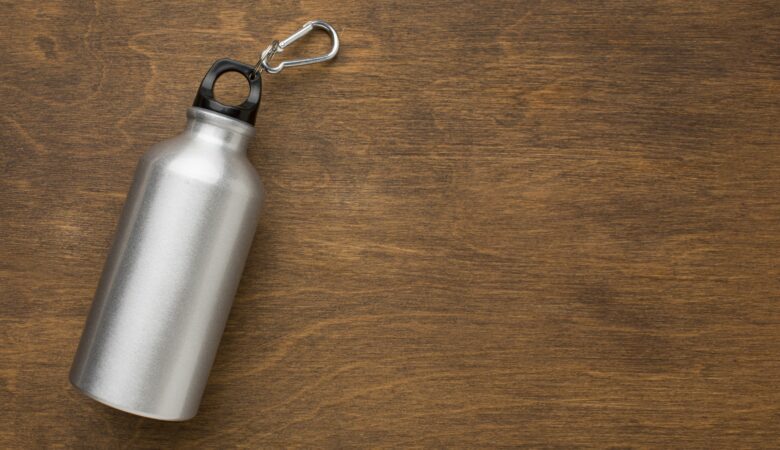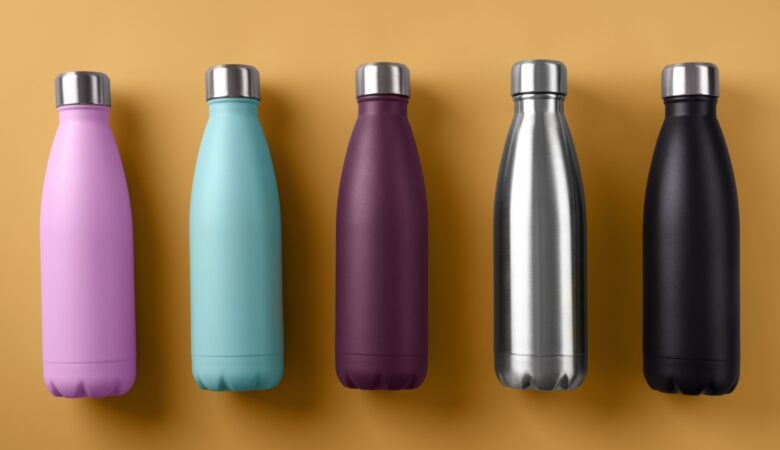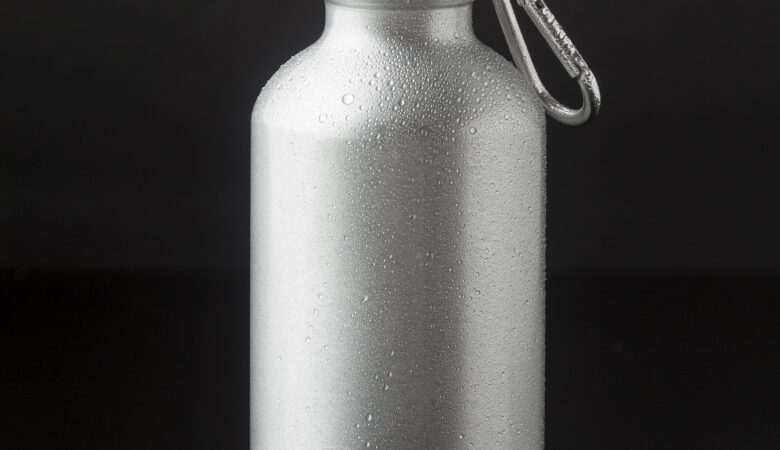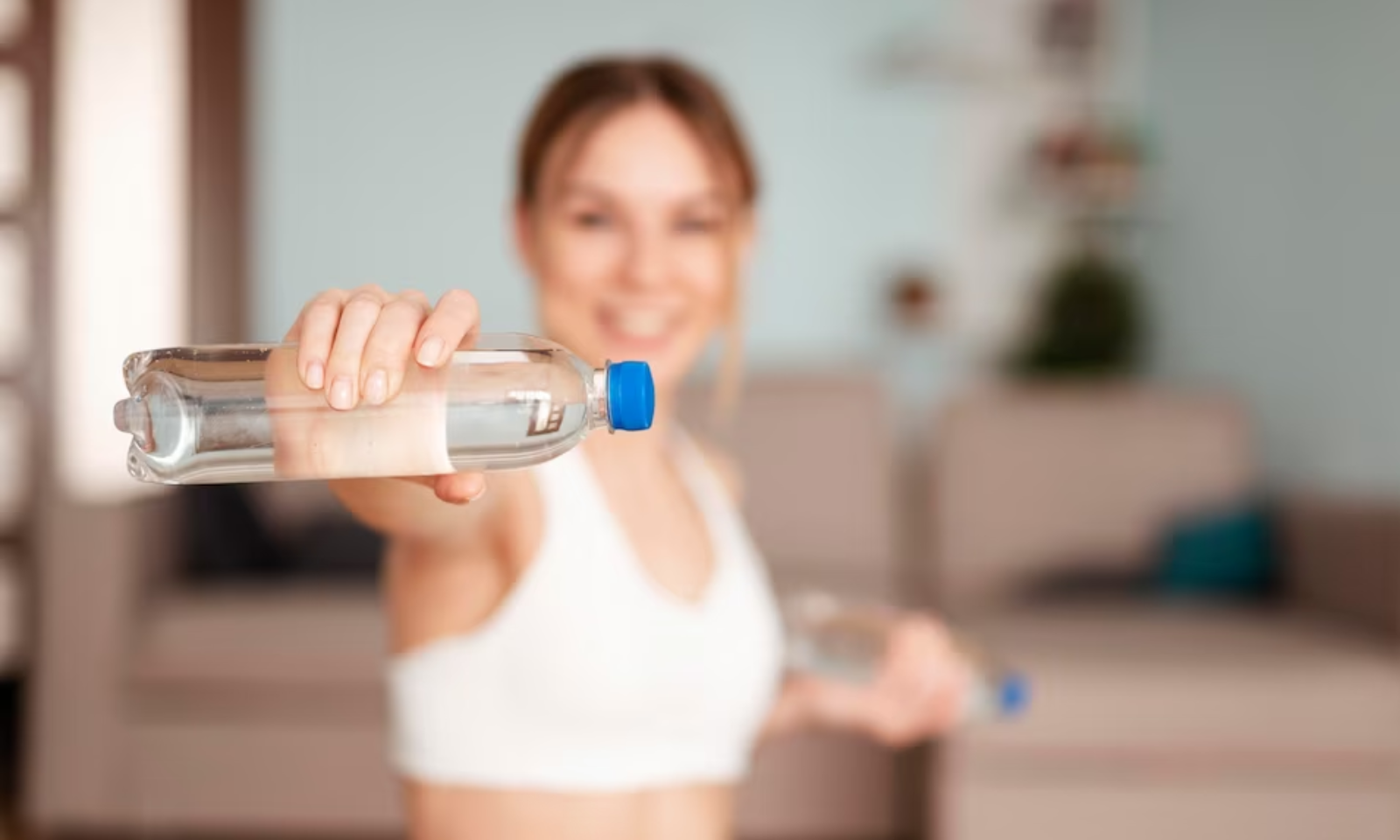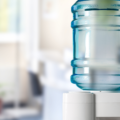When compared, water bottles made of recyclable stainless steel are superior to those made of plastic or aluminum. Stainless steel is a material that does not release hazardous byproducts and does not require a liner.
Even if the bottle is broken or you fill it with hot liquids like tea or coffee, the metal won’t seep any chemicals into the contents of the bottle because it is chemically inert. In addition, because stainless steel bottles can be cleaned at higher temperatures than other types of bottles, there is a lower possibility that bacteria will get into the water. If you frequently disinfect your reusable water bottle with soap and hot water, bacteria will be eliminated in a way that is both simple and effective, keeping you safe.
It is also environmentally safer. To begin, stainless steel is fabricated from natural ingredients, all of which, when the time comes to transform them into new items, may be recycled with relative ease. Even though plastic bottles are often made from recycled materials and can be reused, the production of plastic and the recycling of plastic are both less environmentally beneficial than the production of stainless steel and the recycling of stainless steel.
Even the dishwasher is safe for some bottles made of stainless steel, but you should always verify the washing instructions provided by the manufacturer before you put your bottle in the dishwasher.
Why are stainless steel water bottles the best option?
Even stainless steel bottles are not completely risk-free but are safer than bottles made of plastic or aluminum. It has been discovered that certain well-known brands of vacuum-insulated water bottles made of stainless steel contain components that have a dangerously high concentration of lead. In low-quality double-walled stainless steel bottles, you can frequently locate this lead in a sealing dot located near the bottle’s base.
The ideal material for water bottles is 18/8 food-grade stainless steel since it allows you to be certain that the water you consume is safe. It has 18% chromium and 8% nickel, making it one of the highest grades of stainless steel that can be purchased. The term “grade” refers to the specific composition of the metals. If you purchase a water bottle made of 18/8 food-grade stainless steel, you can be sure that it will not release harmful chemicals into your beverages, even if the bottle gets damaged, or old. This is the case even if the bottle gets scratched or dented. It is also safe to use with hot liquids, and because it does not require a liner, it will not retain any unpleasant flavors.
Stainless steel is an excellent material that may be utilized for the storage of water as well as the treatment and processing of water. And other liquid goods that are water-based. In municipal water systems, it is usual to practice using stainless alloys of grade 304 or 304L for water treatment, production, and storage. Steel pipes are susceptible to corrosion and failure, and as a result. They are not the material that is utilized for producing water in city and county culinary water systems. Water in its natural state can be mildly corrosive, and steel pipes would be sensitive to corrosion and failure. To protect against corrosion and contamination, the interior diameter of the component made of steel or iron that is used for this purpose is often coated. Stainless steels have a resistance to algae, bacteria, and other biological agents adhering to their surfaces. Additionally, stainless steel typically does not develop corrosion, which can trap and become a breeding ground for other contaminants in systems that are meant for the containment and transportation of potable water.
For distillation and the production of pure water, which is utilized in medical applications such as IV (intravenous) solutions, 304 and 316 grades of stainless steel are utilized in pipe and processing equipment in commercial and industrial plants. The development and operation of these systems must adhere to the strictest antiseptic standards. For the construction of these kinds of machines and the apparatus that is utilized in these factories, the material of choice is stainless steel of a high grade.
The question remains, which is the safest stainless steel water bottle on the market today?
It is advantageous to your health, your wallet, and the environment to drink water from a reusable water bottle for several reasons, including the fact that it reduces the amount of waste plastic produced. However, not all water bottles made of metal are created equally. There is a potential danger to your health if you drink water from aluminum or poor-quality stainless steel water bottles. Therefore, opt for the best and safest stainless steel water bottle available in the market for your needs.
Why should you buy livpure steel water bottles?
Stainless Steel, both for hot and cold liquids, is manufactured by Livpure. The use of high-grade stainless steel (SS 304) in the construction of these insulated bottles makes it possible to guarantee the bottle’s longevity, as well as its resistance to corrosion and its exceptional insulating capabilities.
In addition, the interior of the SS bottle is made of stainless steel. You can be assured that your beverages are safe for human consumption. The vacuum insulation that comes standard on all Livpure water bottles allows for your drinks to maintain a more consistent temperature for a longer period, regardless of the weather outside. They come with two individual sections that may be removed from one another. They do not dribble or spill thanks to the ingenious design they have. Because of the substance, they are made of, there is no risk of rust or corrosion, which makes them suitable for long-term use. All these make Livpure water bottles the most convenient and safest stainless steel water bottle on the market today.
Buy a livpure steel water bottle today!
With years of experience manufacturing various lifestyle products, Livpure is a reliable and trustworthy brand. Its new range of stainless steel water bottles is not only aesthetically pleasing. But also dependable for all your beverage needs.
Also Read: Health Advantages Of Bottled Water

